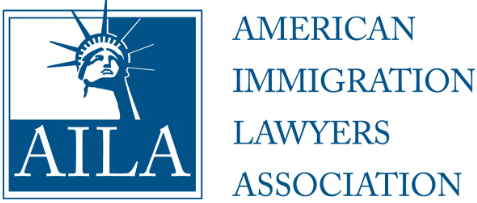Many countries have treaty-trader (E-1) and/ or treaty trader (E-2) agreements with the US. When nationals of those countries start a business in the US that trades with their home.
Details:
The E-1 Treaty Trader and E-2 Treaty Investor visas are non-immigrant visas that allow individuals from certain countries to come to the United States for the purpose of conducting trade or making investments. These visas are based on treaties between the United States and the individual’s home country.
- E-1 Treaty Trader Visa:
- The E-1 visa is designed for individuals or employees of companies engaged in substantial international trade with the United States.
- To qualify for an E-1 visa, the individual or the company must be a national of a country that has a qualifying treaty with the United States.
- The trade must be “substantial,” meaning that there must be a continuous flow of goods, services, or technology between the U.S. and the treaty country.
- The applicant must be employed in a supervisory or executive role or possess specialized skills essential to the company’s trade operations.
- E-1 visas are typically granted for up to five years and can be renewed in two-year increments as long as the trade continues to be substantial.
- E-2 Treaty Investor Visa:
- The E-2 visa is for individuals who are investing a substantial amount of capital in a U.S. business, which can be a new startup or an existing enterprise.
- Like the E-1 visa, the individual or the company must be a national of a country with a qualifying treaty with the United States.
- The investment must be “substantial” and at risk, meaning that the funds invested must be committed to the business and not a passive investment.
- The investor must have a controlling interest in the business.
- E-2 visas are initially granted for up to five years and can be extended in two-year increments as long as the investor continues to operate the business and meet the visa requirements.
It’s important to note that not all countries have treaties with the United States that allow their citizens to apply for E-1 or E-2 visas. Eligibility and specific requirements may vary depending on the treaty in place.
Applicants for both E-1 and E-2 visas are typically required to submit a comprehensive business plan, demonstrate that their investment or trade activities will create jobs or benefit the U.S. economy, and meet other specific criteria. These visas are meant for individuals engaged in substantial international trade or investment and are not suitable for individuals seeking temporary employment or tourism in the United States.

